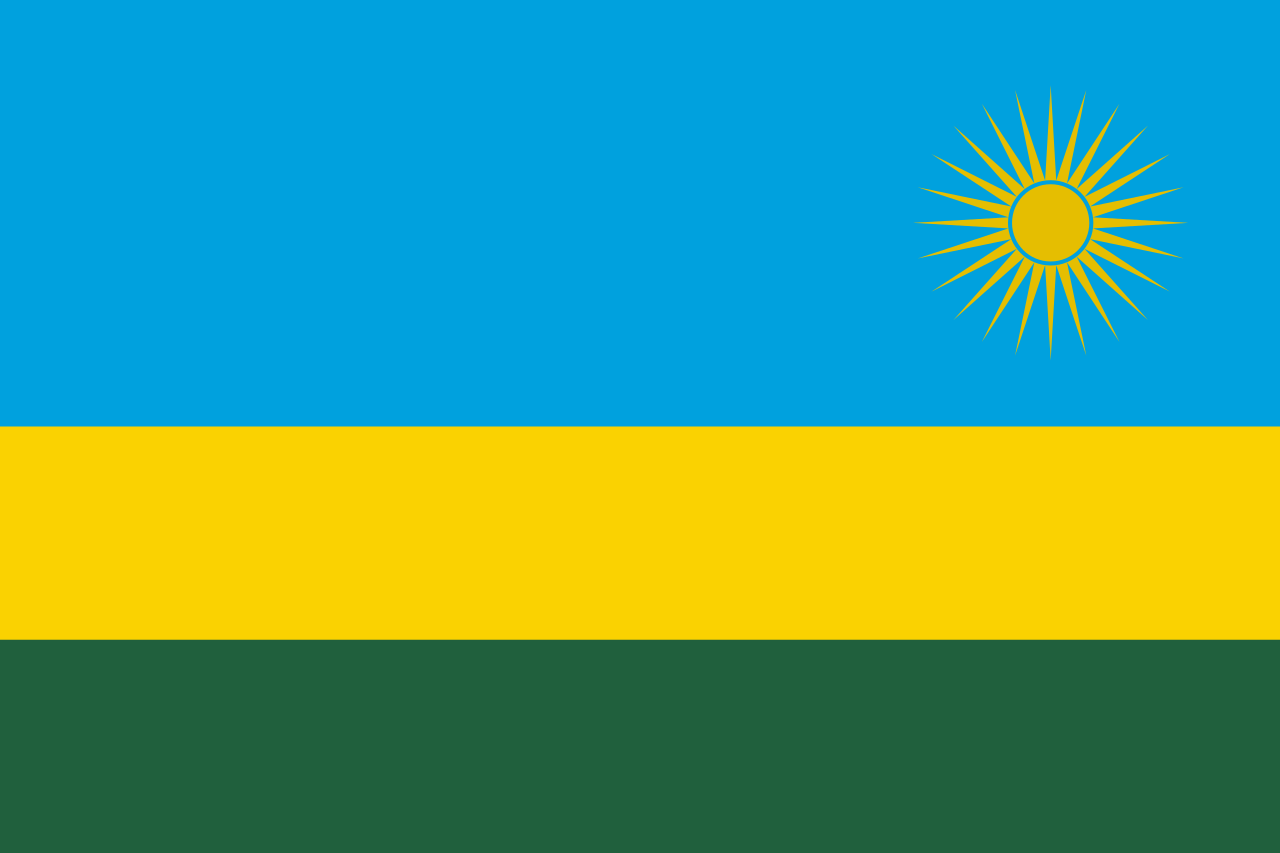Access to electricity has increased from 2 per cent in 2000 to around 74.5 per cent as of today, according to Rwanda Energy Group (REG).
Of these, 50.9 per cent households are connected to the national grid while 23.6 per cent are using off-grid solutions including inter-alia standalone solar home systems and mini-grids.
The milestone was celebrated on Saturday, November 5 in an event which took place in Nyabugogo Cell, Nyarugenge District.
While speaking at the event, Ron Weiss, Chief Executive Officer of REG, thanked stakeholders who played a part, including entrepreneurs who powered households with solar home systems.
Despite the aggressive expansion of Rwanda’s electrical grid network, analysis has shown that grid connections will take time to reach all households. Therefore, off-grid solutions, including solar home systems (SHS), were introduced to increase access to electricity in areas located far from the grid and now present a viable alternative to grid connections.
According to REG, today, more than 640,000 households are connected through off-grid solutions.
Weiss added: "Although a lot has been achieved, we still have a long way to go to ensure 100 per cent access. 25 per cent of people should be connected in two years. It is still a big number but we assure you that this is achievable and we shall meet again in 2024 to celebrate."
Fidele Abimana, Permanent Secretary in the Ministry of Infrastructure (MININFRA), declared that this move portrays the government’s effort in general as well as that of REG and other stakeholders.
“As the Government of Rwanda, we recognise that electricity is a strong pillar in development and plays a vital role in improving health and standards of living of people,” he said.
“Considering an average of five people per household, around 10 million Rwandans have access to electricity today. That aligns with the government’s vision concerning having all households in the country accessing electricity by 2024.”
He added: “If we managed to power a million households with electricity in two years, and the same numbers of households remain, it is clear that we will achieve the goal in the next two years (2024).”
Abimana also urged people to keep preserving electricity infrastructures, among others.
During the event, one Richard Bigirimana’s household was awarded a token of electricity worth Rwf100,000 as the 2,000,000th to have access to electricity in Rwanda.
Speaking to the media, Bigirimana’s wife, Jeannette Yankurije, thanked the country and REG for the prize and for powering them with electricity which lit up their house and continues to help her children to study during night time.
Energy, and particularly access to electricity, is the Government's key priority. Significant investments made and progress registered led to the increase of households' access to electricity with the Government target of universal access by 2024.
From 1937, when REGIDESO was established in Rwanda and 1957 when the first ever power plant was built in Rwanda up to the year 2000, access to electricity in Rwanda was considered a rare privilege for those living in cities, with only 46,000 households connected.
In 2009, a special program to roll out access to electricity, especially in rural areas was introduced to increase the access rate in the Rwandan community. According to REG, at that time, only 6 per cent of Rwandan households had access to on-grid electricity.
The current electrification plan leading Rwanda to universal access shows that by 2024, around 70 per cent of households will be connected to the grid while around 30 per cent will be using off-grid solutions. - Patrick Nzabonimpa, The New Times






